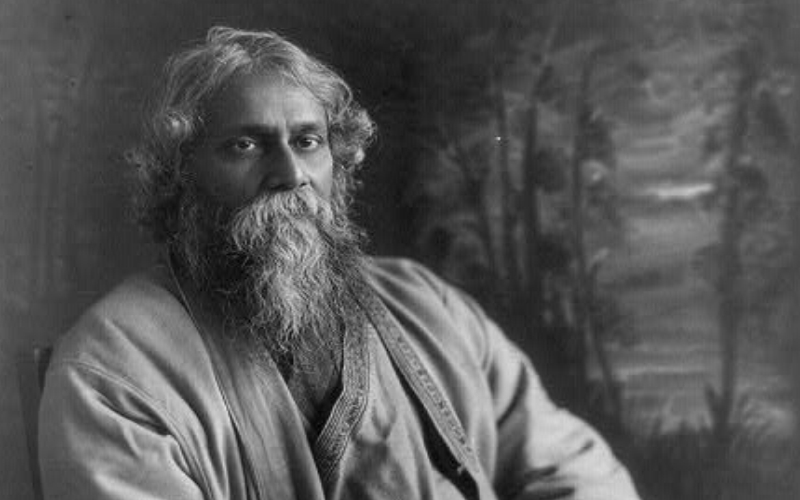
Rabindranath Tagore
Rabindranath Tagore was a Bengali poet, philosopher, and polymath who is widely regarded as one of the greatest figures in modern Indian history. He is best known for his collection of poems, “Gitanjali” (Song Offerings), for which he was awarded the Nobel Prize in Literature in 1913, becoming the first non-European to receive the prize. The poems in “Gitanjali” are characterized by their simplicity, beauty, and spiritual depth, and they have been widely translated into numerous languages.
Tagore’s work had a profound influence on Indian literature and culture, and he is often referred to as the “Bard of Bengal.”
He was also a prominent political figure and a vocal critic of British rule in India. Tagore was deeply inspired by the natural world and by the spiritual traditions of India. His work is characterized by a deep sense of humanity and a commitment to social justice. He believed in the importance of education and was a strong advocate for women’s rights.
Tagore was also a prolific playwright and author of fiction. His plays, which often deal with themes of love, loss, and the human condition, are considered among the finest in the Bengali language. His fiction includes a number of novel-length works, as well as shorter stories and sketches.
In addition to his writing, Tagore was also a musician and composer, and he wrote a large number of songs and instrumental pieces. His music, which is deeply influenced by Indian classical music, has been widely performed and recorded.
Tagore’s life and work continue to inspire people around the world who are seeking to bring about positive change and to live in harmony with the natural world.
